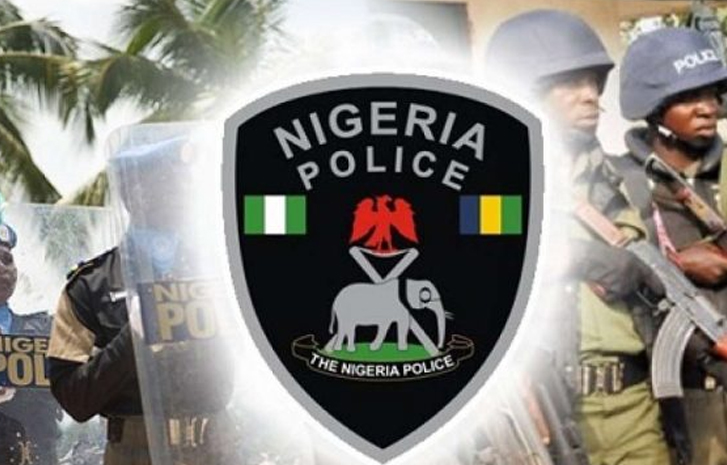Police should please be back on duty
No doubt the recent #EndSARS protests that resulted in the killing of several policemen and officers and destruction of police stations and outposts across the country has affected police morale nationwide. This has resulted in the police abandoning their duty posts to avoid being mobbed and killed. In their absence, hoodlums have had a free […]

No doubt the recent #EndSARS protests that resulted in the killing of several policemen and officers and destruction of police stations and outposts across the country has affected police morale nationwide. This has resulted in the police abandoning their duty posts to avoid being mobbed and killed. In their absence, hoodlums have had a free rein, looting public and private property across the country.
The situation was so critical in a state like Edo where several police stations were burnt and police equipment, already in short supply, looted and vandalised by mobs. Governor Godwin Obaseki had to plead with the police to return to duty with the promise of rebuilding police stations.
His appeal was echoed by the Inspector General of Police, Muhammad Adamu, during a visit to the vandalized police stations in Edo, where he reminded officers that they have the right to defend themselves when threatened.
Meanwhile, the Police Service Commission has issued a statement saying it has no plan to compel officers to return to their duty posts in the prevailing circumstances and would rather appeal to them.
This is coming at a time that police morale is already very low owing to poor pay, poor work conditions and poor training and protection for law enforcement officers. This is a far cry from the vaunted image of the police force in the 1960 where professionalism was the watchword.
While police reforms remain paramount, and already measures are being taken to effect that, it is even more vital in the short-term to put in place adequate measures that will give the police the confidence and security to return to their duty posts across the country.
It remains essential to find ways of boosting the confidence of the officers and men and putting in place certain guarantees to safeguard their lives and that of their families in case of eventualities.
To this end, the recent directive by the president, as announced by the IGP during his Edo visit, to include retired officers in the police health insurance scheme, is commendable. However, the fact that families of officers slain in the line of duty received a nominal sum of N1m as compensation is cause for concern. Considering the present economic realities, this sum belittles the sacrifices these officers are expected to make for the wellbeing of society. The case for improved compensation, not only for fatalities, but for injuries in the line of duty, alongside improved pay and work conditions, must be made.
As it is, Nigeria is severely under policed. With about 400, 000 police officers to 200 million people, and half of these officers assigned for VIP protection, it means that Nigeria falls behind the United Nations recommendation of one officer for every 450 persons. With this scanty number of officers on the streets, it is easy for a mob to overrun them and cause them serious harm.
Fortunately, the protests have subsided and police officers can resume their duties with far less threats to their wellbeing than they faced during the protests. However, it is clear that their lives remain endangered so the police force must ensure that every officer on duty is adequately protected, well trained and has the necessary guarantees to perform his or her duties effectively.
The well-being of our society is inextricably tied to the wellbeing of our police officers. Therefore, no stone should be left unturned in providing the country a police force that is professional and efficient and one that can guarantee the safety of the men and women who stay awake so that we may sleep well at night.
